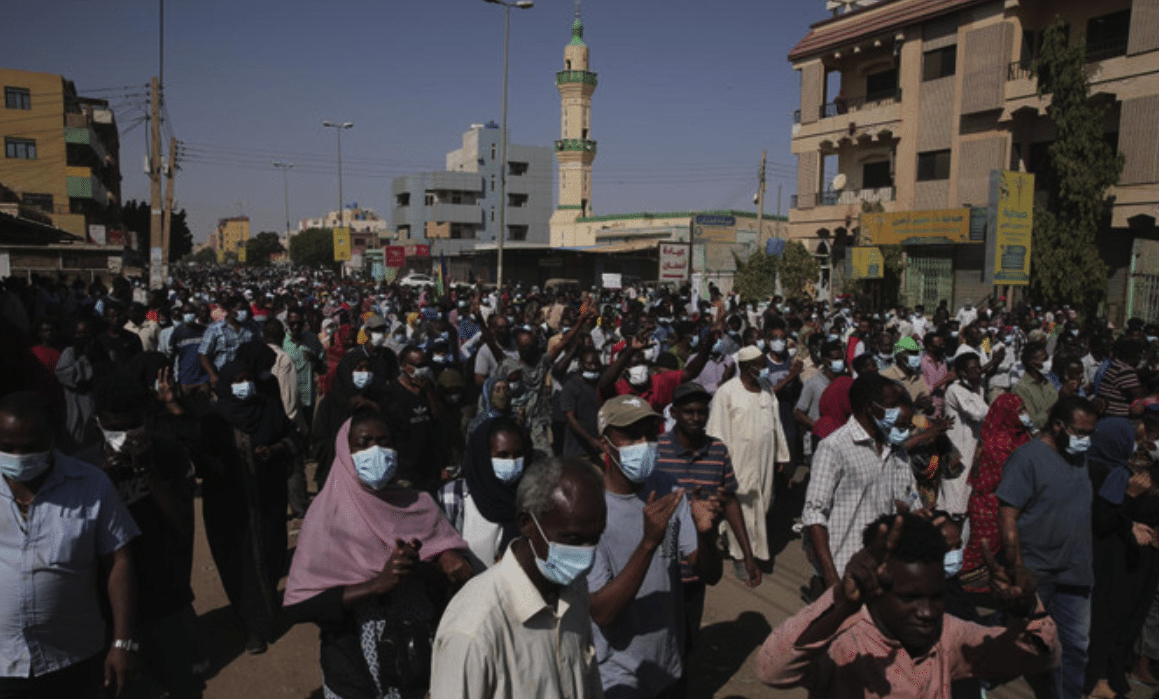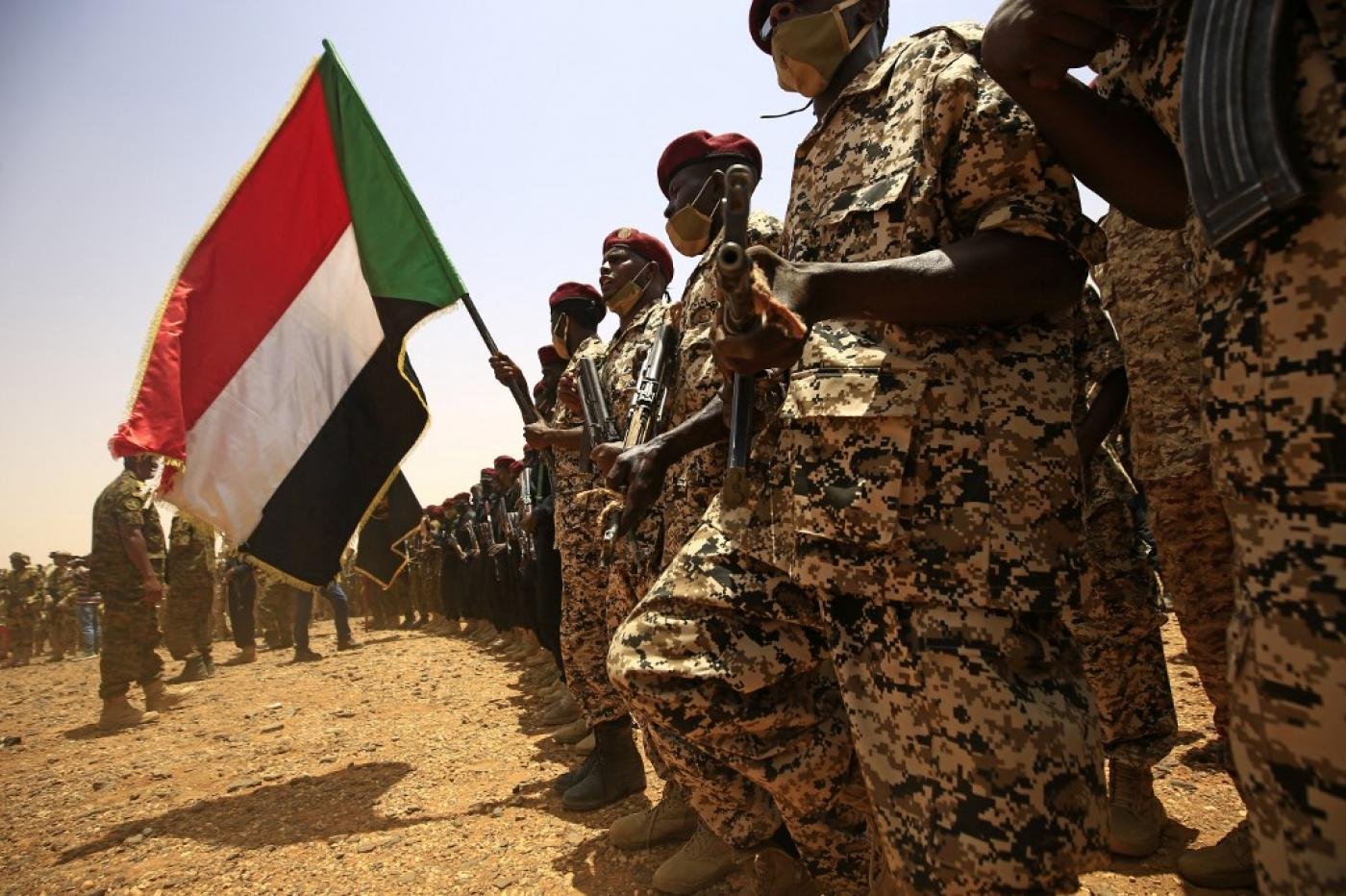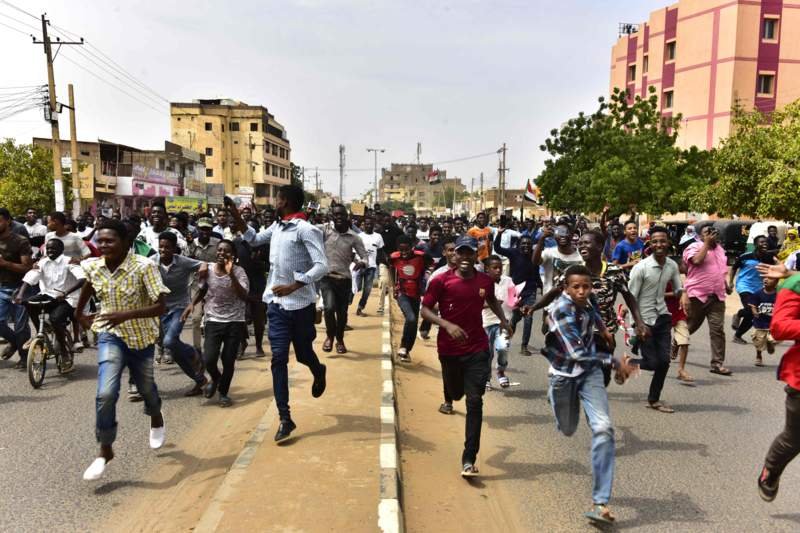The former president of Sudan Omar al-Bashir, has appeared in court for the first day of a high-profile corruption trial that could result in the deposed autocratic ruler being jailed for many years.
The 75-year-old has been in detention since being forced out of power in April when security forces withdrew their support for his regime after months of popular protests.
He was informed by the prosecutor’s office on Monday morning that he faced charges of “possessing foreign currency, corruption and receiving gifts illegally”.
Bashir arrived outside the Judicial and Legal Science Institute, where the trial is taking place, in a huge military convoy, according to an AFP reporter at the scene.
Pro-democracy campaigners and victims of systematic human rights abuses under Bashir’s 30-year rule hope he will also face further charges of incitement and involvement in the killing of protesters.
The trial comes as Sudan’s military rulers and protest leaders begin to implement a landmark deal reached this month that is meant to pave the way for civilian rule.
In April, Sudan’s army ruler General Abdel Fattah al-Burhan said more than $113 million worth of cash in three currencies had been seized from Bashir’s residence.
The United Nations says the conflict has left more than 300,000 people dead and 2.5 million displaced, with hundreds of thousands still living in miserable and impoverished camps more than a decade and a half later.
The ICC has for years demanded that Bashir stand trial, and has renewed its call since his fall.
In a statement issued last week, Amnesty International warned that his graft trial should not distract from the heavier charges he faces in The Hague.
“While this trial is a positive step towards accountability for some of his alleged crimes, he remains wanted for heinous crimes committed against the Sudanese people,” Amnesty’s Joan Nyanyuki said.
“Omar al-Bashir has evaded justice for far too long as the victims of horrific crimes still wait for justice and reparations more than a decade since the ICC issued the first warrant for his arrest,” she said.
The London-based watchdog urged the country’s new transitional institutions to ratify the ICC’s Rome Statute, a move that allows for his transfer to the international tribunal.
Sudan’s ruling generals and protest leaders were expected to announce the composition of a transitional sovereign council on Monday.








